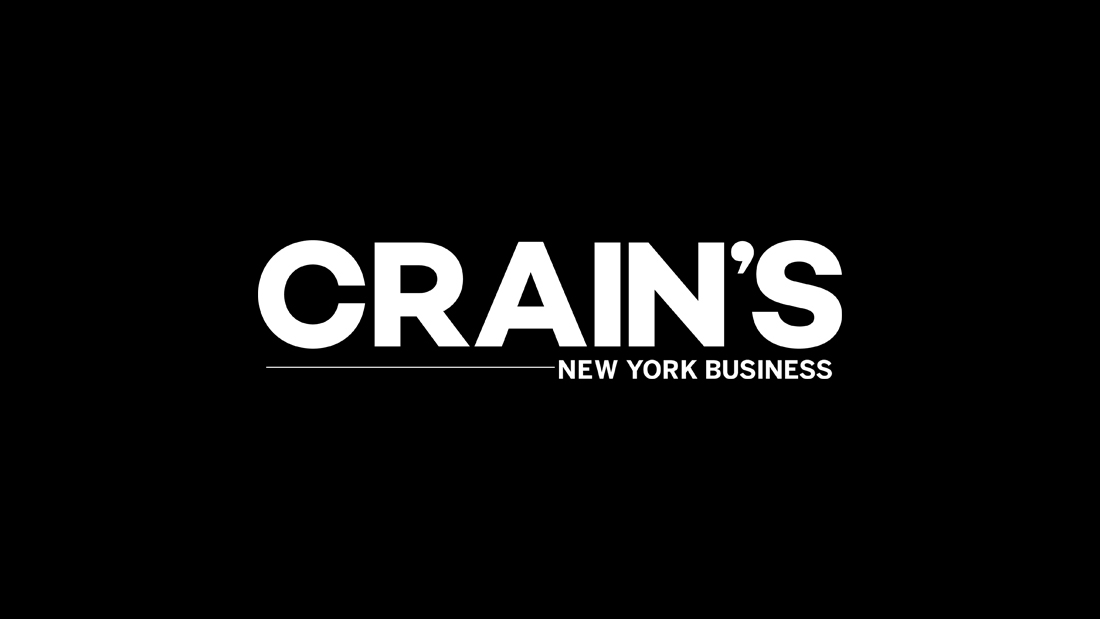
Behind The Scenes With … LeNoble Lumber, go-to suppliers for set-building materials
For each of the last 10 years, LeNoble has projected an increase in orders to meet the growing demand from film and television productions in New York City
LeNoble Lumber has been supplying New York film and television productions with building materials since 1965 when Paul LeNoble founded the company. Back then, LeNoble was based in Hell’s Kitchen and operating out of a station wagon.
Now the 51 year-old company has 90 employees, over 35 delivery vehicles and operates out of facilities in Long Island City and Maspeth to service the thousands of productions it has supplied with scenic and construction materials.
LeNoble owner and president Peter Lenoble and vice president Matt Dienstag spoke to Crain’s about being Hollywood’s east coast lumberyard.
Can you explain the process of working with a movie or television production?
MD: You have a production designer or a scenic designer who looks at the script and, along with the director, envisions what the look of a production will be. From there you have art directors, and they take that vision of the scenic design and put that into drawings that will be used in the [set-]building process. Then the construction coordinators have to build the set.
PL: The construction coordinator will call in and issue a purchase order for whatever material he or she needs based on the drawings they get from the production. We will ship them the building materials—the lumber, the two by fours and the plywood.
How many productions are you currently working with?
PL: About 50 active productions. For at least the last 40 years, pretty much every production—television and movie— that was done in the New York metropolitan area, we provided all of the construction material to.
Then is it fair to say you have a monopoly over New York film and television production?
MD: I really don’t like the word monopoly. Productions come to us because we can deliver. It takes a big capital investment to have the inventory and the manpower and the trucks we have. Since we have been involved in this industry for so long, we have made that decision to do that big capital investment.
When you say ‘you deliver,’ what exactly do you mean?
MD: Any time a production is building a set, it has to go through all of these approval processes. By the time it finally gets approved, a whole crew is standing around waiting. So productions have to build these things really quickly. We never know when we come in in the morning what these guys are going to need, so we have everything in stock, waiting to go, so as soon as we get that phone call we can throw it on a truck and get it right out.
Is there an average order size or cost?
MD: No. It really depends on the production. It used to be that TV shows would order less, but that has gone by the wayside these days with the big influx of television shows. A production can order anywhere from a small amount—thousands [of dollars] in material—for maybe a pilot or independent project, to hundreds of thousands [of dollars] in materials for a large production.
How much of LeNoble Lumber’s business is film and television production?
MD: When I started 25 years ago it was the bulk of our company. Probably 75%. But before the film tax credit was in place the industry was very cyclical, so we had to expand into other areas to justify having so many trucks and 90 employees. Right now I’m guessing it makes up 40% of our business, which is a big percentage for one area.
How are you keeping up with the onslaught of television production happening in the city?
MD: For the last decade we plan every year on having more [orders] than the year before. We have to have those projections in our plans, otherwise we wouldn’t be able to meet the need.
What would happen to LeNoble Lumber if the tax credit disappeared?
PL: We would probably have to tighten our belts and greatly reduce the number of people who work for us. That’s because I think the number of productions would be halved without the credit. That said, we would do whatever we have to do to keep this company in existence.
The city recently launched a sustainability initiative called NYC Film Green, aimed at reducing New York’s film and television industry’s carbon footprint. Are you involved with that?
MD or PL: Yes. We are at the forefront of sustainable and green productions. I am on conference calls all the time with people from Sony, Warner Bros., etc. to find different products to make sure productions are as green as possible. For decades, productions used a hardwood plywood product called lauan, but it turned out that to make it, it was depleting parts of the rain forest. All of the lauan panels that we sell to productions are FSC-certified and are produced using sustainable practices. Also instead of selling hydrocarbon vacuform to recreate brick walls on set, we sell PulpArt Surfaces Wall Skins made from 100% recycled and recyclable wood pulp.
You can read the original article here.





